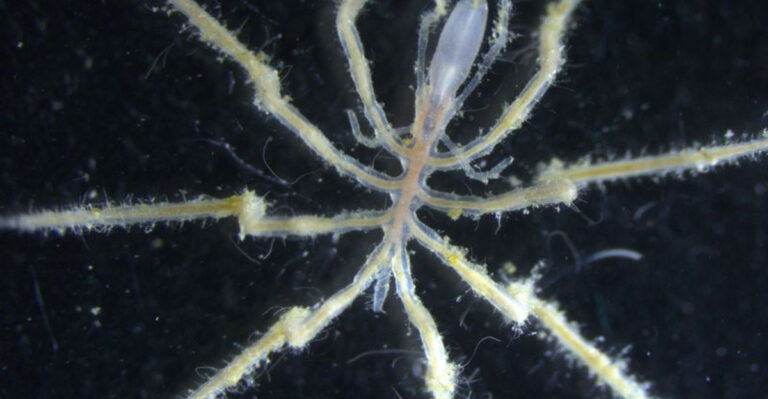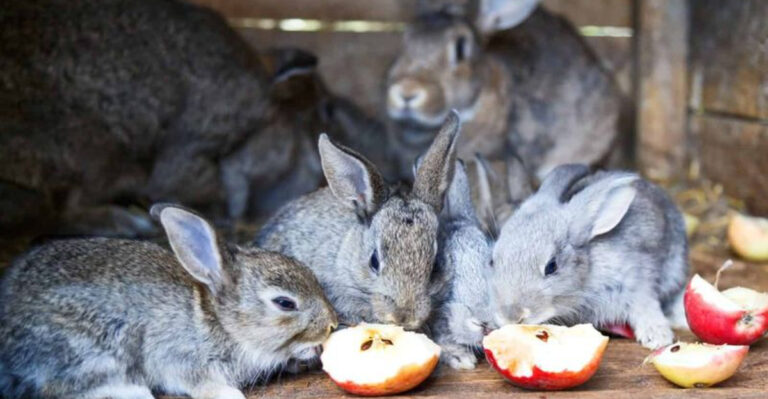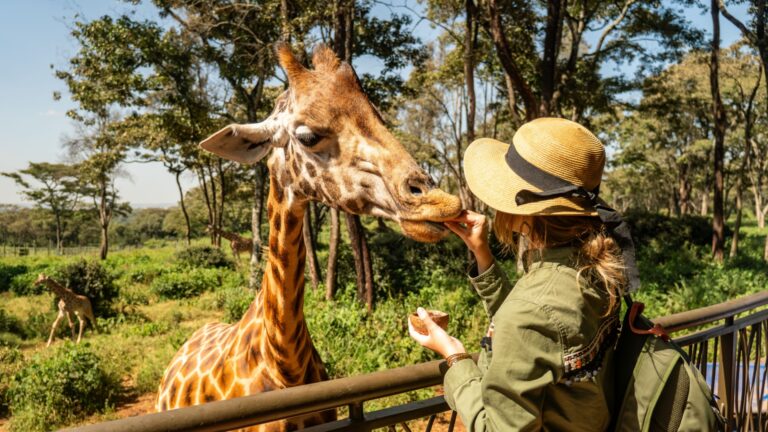14 Essential Puppy Development Stages And Key Milestones
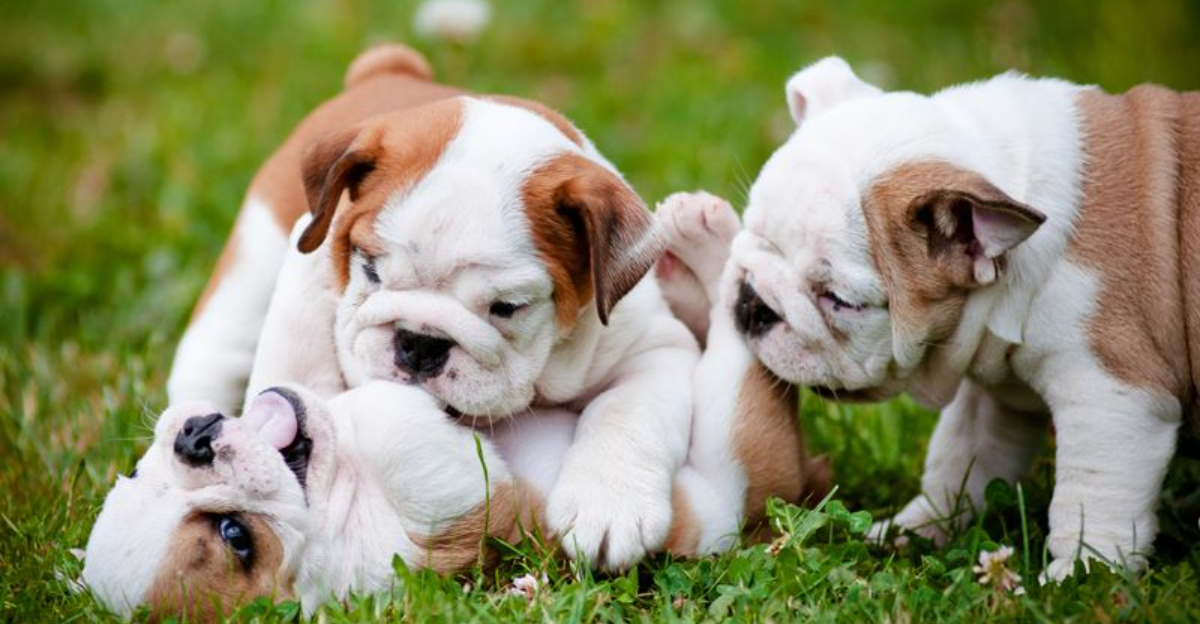
Ever noticed how puppies seem to grow up in the blink of an eye? Behind every wagging tail and playful yip lies a fascinating journey of growth and discovery.
From their first blink to that triumphant fetch, each stage holds its own magic. Dive into this delightful exploration of the milestones that shape our furry friends’ lives.
1. Neonatal Stage
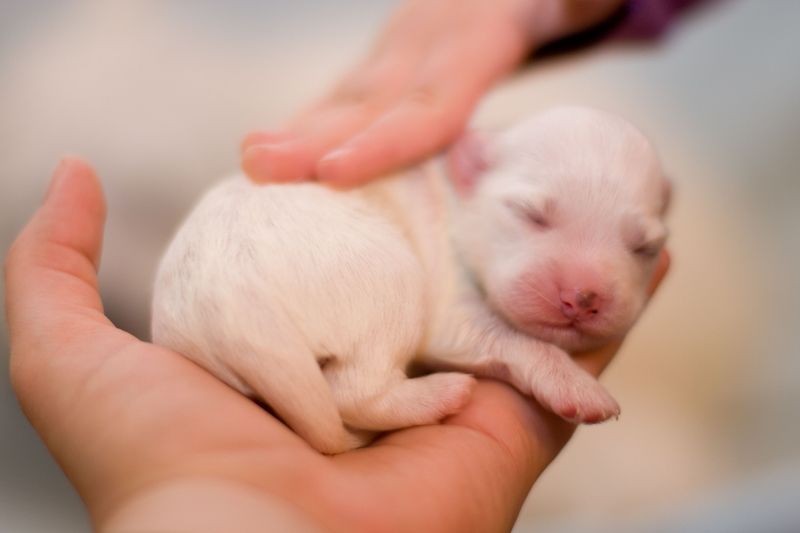
In the first two weeks, puppies are all about snuggling and snoozing. Completely reliant on their mother, they spend their time sleeping and eating.
Their senses are still developing, making this stage all about nurturing and security.
2. Transitional Stage

By weeks two to four, puppies begin to awaken to the world. Eyes and ears start to open, introducing them to sights and sounds.
This is their first taste of independence as they begin to wobble around out of curiosity.
3. Socialization Stage
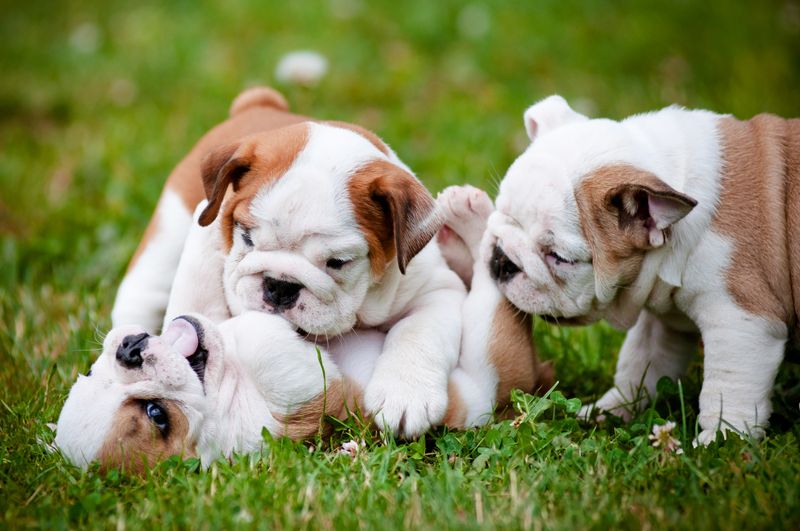
From four to twelve weeks, the world is a playground. Socialization kicks in as puppies interact with other dogs and humans.
It’s a pivotal time for building confidence and learning proper puppy manners.
4. Juvenile Stage
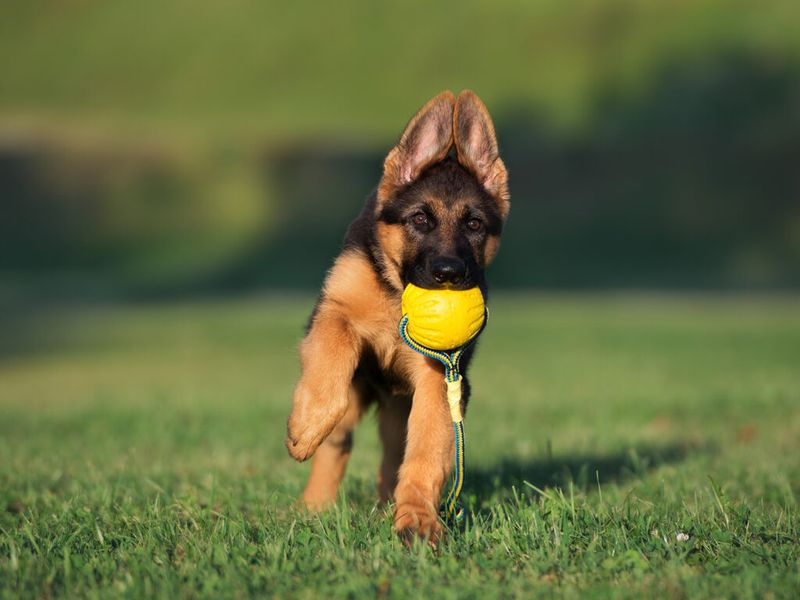
Around three to six months, puppy adolescence begins. Expect bursts of energy and curiosity.
They explore boundaries and test their limits, both physically and socially.
5. Teething Phase
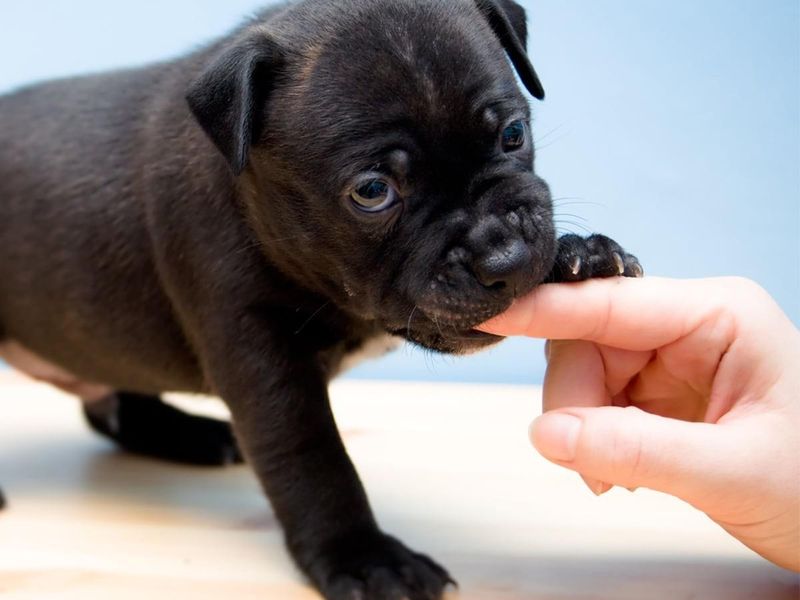
Those sharp little teeth emerge between three to six months, turning everything into a chew toy. This can be a challenging time as puppies explore through biting, but also a chance to teach gentle behavior.
Consistent redirection helps them understand what’s appropriate to chew and encourages positive habits.
6. Ranking Stage
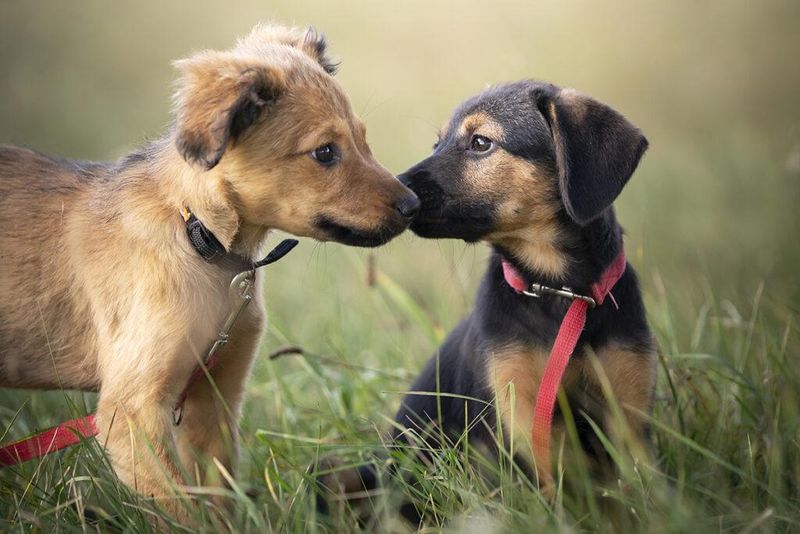
At three to six months, puppies test boundaries with each other, forming social hierarchies. Play wrestling and gentle nipping are common as they learn their place among peers.
This stage is essential for developing communication skills and understanding social cues.
7. Fear Impact Stage

Between eight to eleven weeks, puppies experience a heightened sensitivity to fear. New experiences should be gentle and positive to build their confidence.
It’s a crucial time to help them feel safe and secure in unfamiliar situations.
8. Flight Instinct Stage
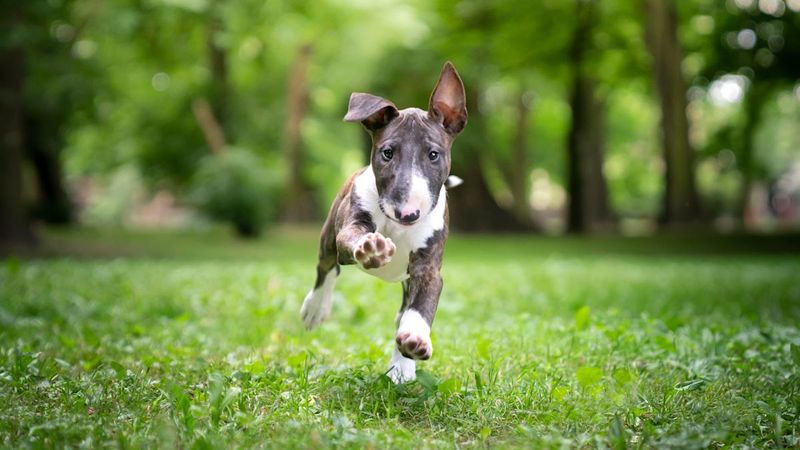
At four to eight months, curiosity can lead puppies into trouble. They may ignore calls and venture off to explore, making recall training essential.
Positive reinforcement during this stage helps strengthen their listening skills and build a strong connection.
9. Second Fear Impact Stage

Puppies might suddenly become wary from six to fourteen months, as they revisit previous fear responses. Reassurance and gentle guidance are key to helping them overcome this phase.
During this time, providing calm support allows them to regain their confidence.
10. Adolescent Stage
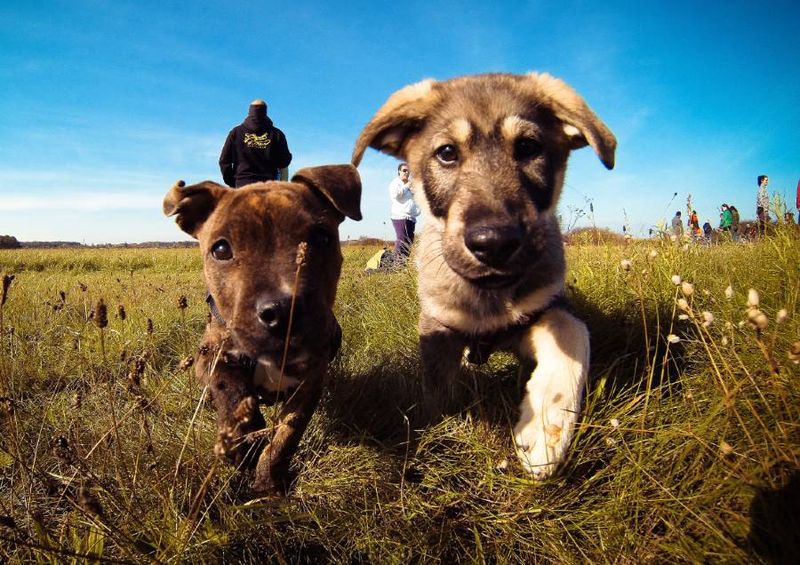
The adolescent phase from six to eighteen months is akin to teenage rebellion. Their energy knows no bounds, often testing patience with mischief and independence.
Consistent training and boundaries are essential during this time to help them develop into well-behaved adults.
11. Maturity Stage
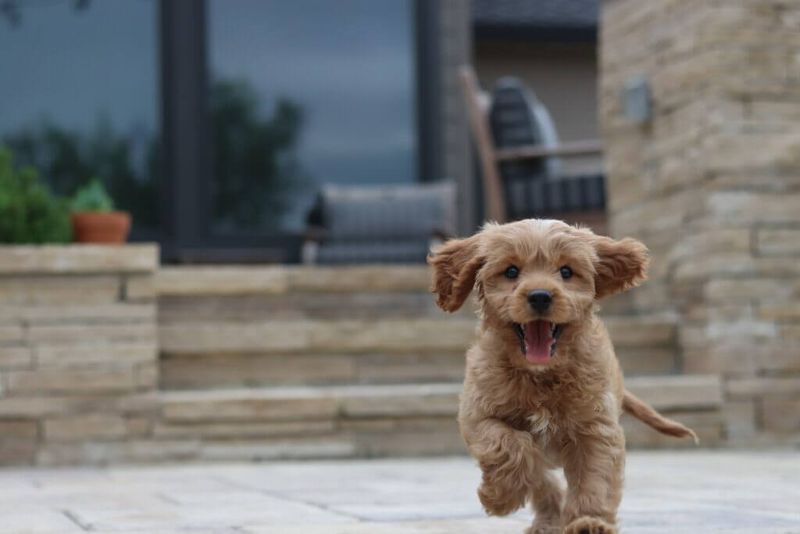
From one to two years, puppies mature into adult dogs. Their behavior stabilizes, and they become more predictable and calm in their interactions.
This is a time when they solidify their social behaviors and develop a stronger bond with their owners.
12. Bonding Stage
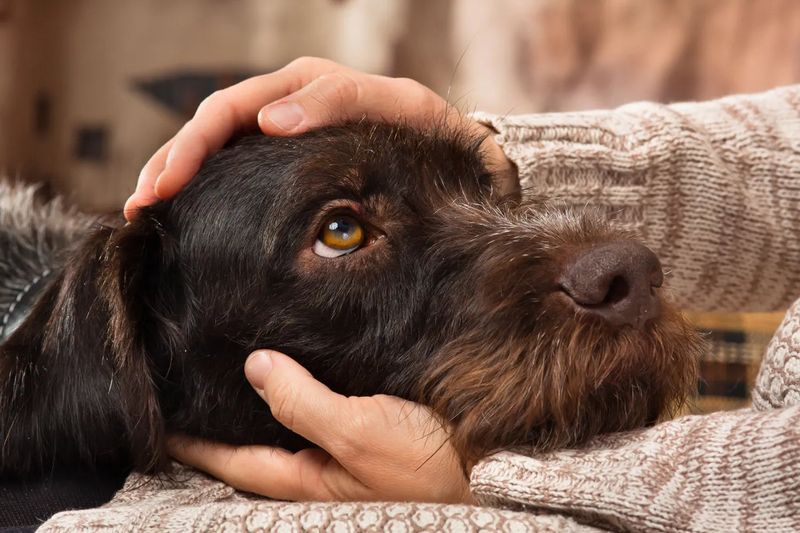
This stage is all about forming strong emotional ties. Puppies tend to seek comfort and companionship from their human families, reinforcing bonds through shared experiences.
Positive interactions during this time lay the foundation for a trusting, lifelong relationship.
13. Exploration Stage
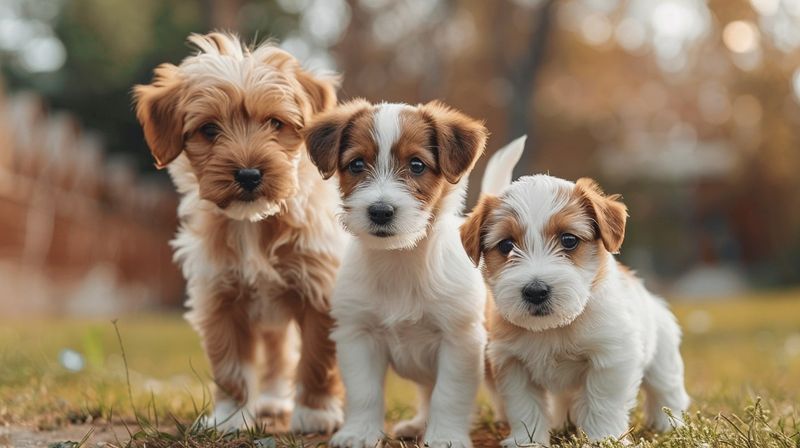
As puppies grow bolder, their drive to explore intensifies. They eagerly investigate the world around them, using their senses and natural curiosity.
This stage fuels their learning and helps them understand their environment more fully.
14. Training Stage
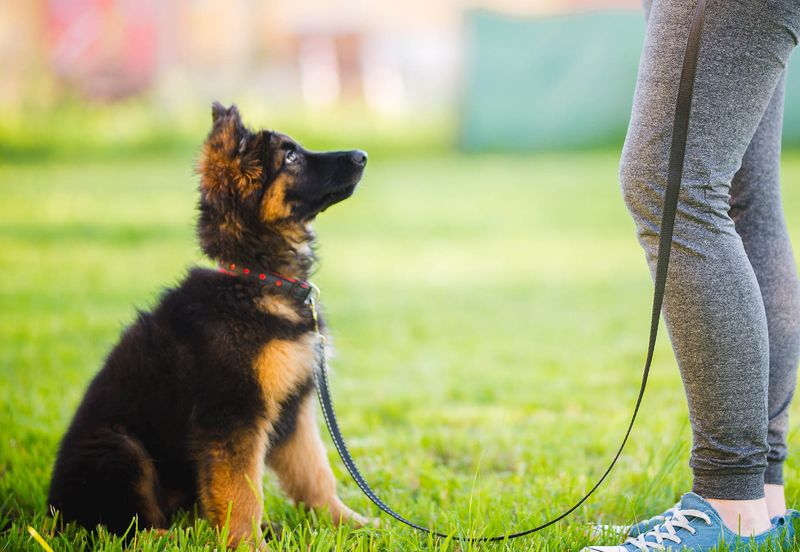
Training starts early and continues throughout growth. This is a time for learning commands and establishing communication, setting the foundation for lifelong behavior.
Consistent positive reinforcement during this period helps build strong, lasting habits.


